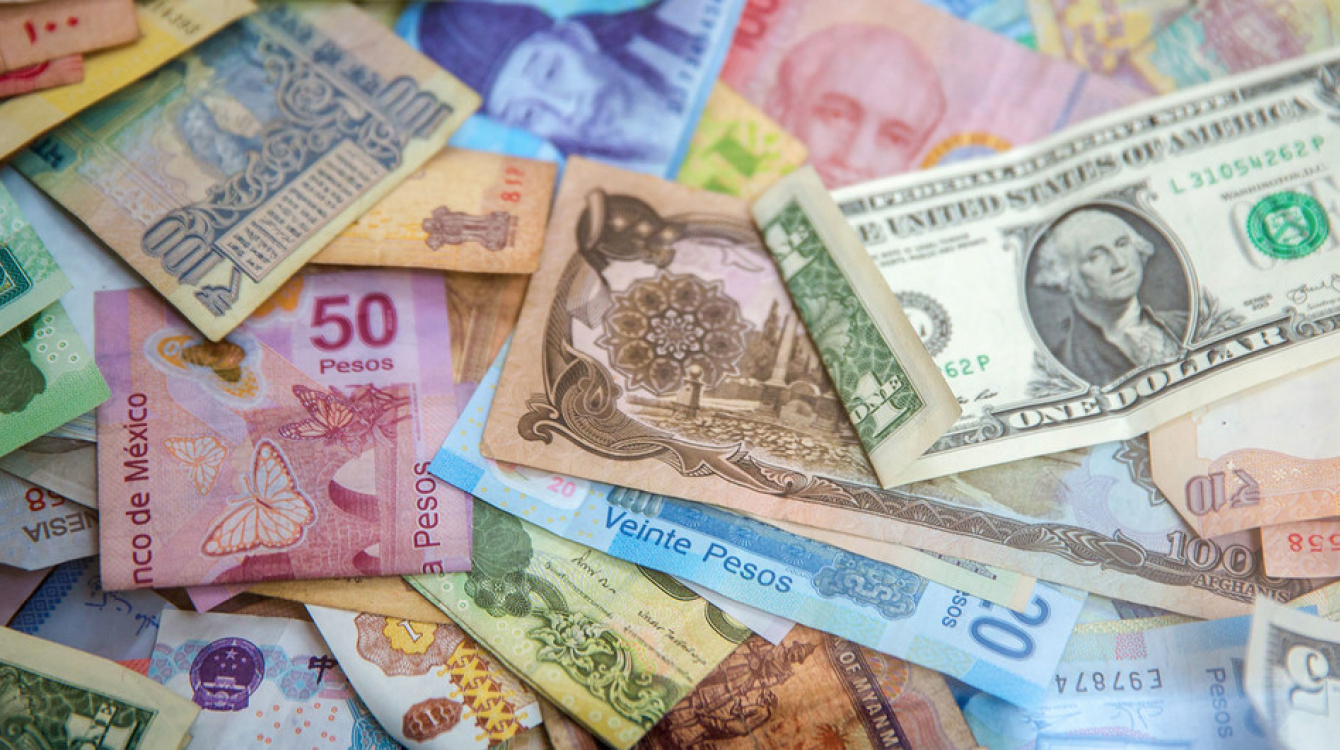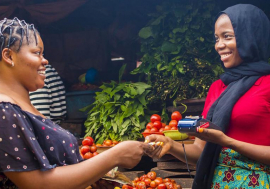Illicit Financial Flows (IFFs) exact a toll on development for the rich and poor alike, but in Africa the poorest populations are paying the highest price. According to the UN Conference on Trade and Development (UNCTAD) in a report published in September 2020, Africa loses about US$88.6 billion in illicit capital flight every year – equivalent to 3.7 per cent of the continent’s gross domestic product.
IFFs, broadly speaking, are illegal movements of money from one country to another. These financial activities may involve revenues from illegal activities, tax avoidance, abusive profit-shifting, trade mis-invoicing, human and drug trafficking, corruption, among others.
“They represent an example of systemic inequalities as they disproportionately impact the poorest and most vulnerable groups,” says Munir Akram, Permanent Representative of Pakistan and President of the U.N.’s Economic and Social Council (ECOSOC).
The billions lost annually to IFFs are almost equal to Official Development Assistance (ODA) and Foreign Direct Investments (FDI) flows to Africa combined. Funds lost in illicit capital flight leave vulnerable countries with inadequate infrastructure, erratic power supply, and limited access to health, education and broadband internet service for their citizens, among other deprivations.

UN Under-Secretary-General and Special Adviser on Africa Ms. Cristina Duarte, says: “The estimated $88.6 billion that Africa loses annually is not just a number. It should be looked at through the lenses of missed development opportunities, lost livelihoods and increased poverty.”
This means seeing it in the context of the millions of people that could have been lifted out of poverty; the enormous number of job opportunities that could have been created for Africa’s burgeoning youth population; the thousands of hospitals and schools that could have been built; and how all these could have translated into strengthening stability and cohesion for societies and communities on the continent.
Another UNCTAD report estimates the funding gap to reach the SDGs by 2030 in Africa is $200 billion per year, almost the combined amount of the IFFs and improved tax collection.
“Illicit financial flows and corruption are inhibiting African development by draining foreign exchange, reducing domestic resources, stifling trade and macroeconomic stability and worsening poverty and inequality,” explains Mukhisa Kituyi, Secretary-General of UNCTAD.
“African governments – in concert with Africa’s private sector actors – should take the lead in strengthening stolen asset recovery, setting new standards for avoiding illicit flows and committing to more concerted actions to combat the negative impact of illicit financial flows on African economies,” Mr. Kituyi says.
IFFs as matter of governance
Besides the considerable amounts drained annually, IFFs can also become the tinder that fuels conflicts and threatens peace and security in Africa. Goal 16 of the SDGs calls for the significant reduction of illicit financial and arms flows, strengthening the recovery and return of stolen assets and combating all forms of organized crime. It also calls for the substantial reduction of corruption and bribery in all their forms and encourages the development of effective, accountable and transparent institutions at all levels.
#IllicitFinancialFlows rob Africa of $89 billion each year, says @UNCTAD’s Economic Development in Africa Report 2020.
Curbing this capital flight could cut almost in half the continent's #GlobalGoals financing gap, https://t.co/55eYKoPfW0 #UNCTADEDAR pic.twitter.com/8tgkJiNpbc— UNCTAD (@UNCTAD) September 28, 2020
Additionally, Aspiration 7 of the African Union’s (AU’s) Agenda 2063 calls on the continent “to take full responsibility for financing its development” and in order to achieve this goal, it must “eliminate illicit capital outflows and promote the involvement of civil society organizations to track and bring back any illicit capital outflows.”
Global partnership for a global problem
Given the cross-border nature of IFFs, action is needed at the global level.
In 2019, the UN launched the High-Level Panel on International Financial Accountability, Transparency and Integrity for Achieving the 2030 Agenda (FACTI).
This panel has been tasked to review current challenges and trends related to financial accountability, transparency and integrity, and to make evidence-based recommendations on making systems more comprehensive, robust, effective, and universal in approach. Their first report with their findings is due to be launched on 25 February.
The AU has also been very active on this front. The AU Commission dedicated the year 2018 to “Winning the Fight against Corruption: A Sustainable Path for Africa’s Transformation,” in a concerted effort to combat poor financial governance, misallocation of budget resources, obstacles to productive investment, and the growth of systemic inequality across the continent.
The AU and its Member States are also in strategic partnerships to address existing and emerging challenges and gaps in the fight against the outflows. These include the African Tax Administration Forum (ATAF), the Global Forum on Transparency and Exchange of Information for Tax Purposes, and the Financial Action Task Force.
In December 2020, the AU launched a €7 million (US$8.4 million) Multi Donor Action with the European Union and the German Federal Ministry of Economic Development and Cooperation to combat the scourge of IFFs on the African continent.
Recently and to support the AU and international community’s efforts in this fight, the UN Office of the Special Adviser on Africa (OSAA), on 10 December 2020, in partnership with the AU Permanent Observer Mission to the UN organized an event entitled: “AU Silencing the Guns Initiative - The Role of Illicit Financial Flows in Fueling Instability in Africa”. The event brought together more than 250 experts from different sectors to discuss ways in which IFFs drive conflict and ways to mitigate it.
Participants at the event concurred on the need to prioritize the elimination of offshore tax havens. By providing storage and access to ill-gotten wealth at short notice, IFFs and secrecy jurisdictions encourage perpetrators of violence.
To put an end to this practice would require addressing the long chain of people involved, namely, lawyers, accountants, banks and also some lenient laws turning a blind eye on the dubious origins of the funds. Only a global response can address this global issue. As long as there is a single tax haven left on the planet where the IFFs can transit and prosper, no lasting solution is possible.



















